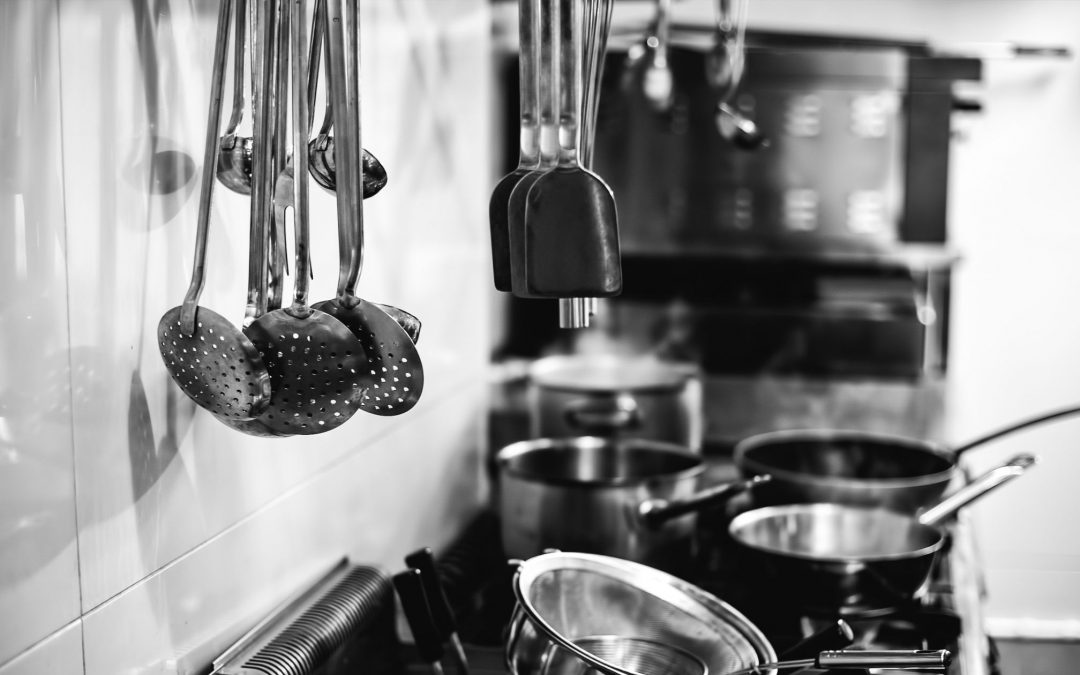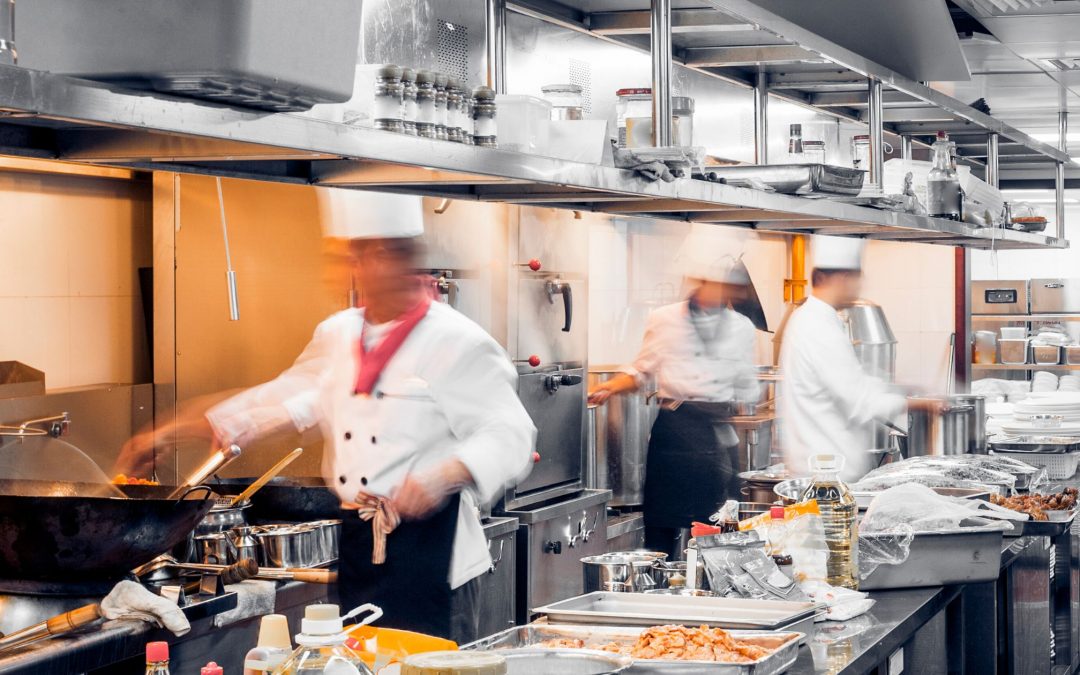How Our Planned Preventative Maintenance Plans Work (And Why Our Clients Love Them)
Commercial Kitchens are fast paced environments where downtime isn’t just inconvenient, it’s costly. That’s why our Planned Preventative Maintenance (PPM) plans are built to keep your kitchen running smoothly and minimise breakdowns, that’s why our clients love them.
Here’s how our maintenance contracts work and why so many clients trust us year after year.
Planned Preventative Maintenance
Our team carries out regular, proactive inspections on your catering equipment. These visits are designed to identitfy and resolv small issues before they develop into expensve breakdowns, keeping your kitchen running smoothly.
Priority Call Outs
When the unexpected happens, you’ll be first in line. Contract clients benefit from rapid, priority response time from our experienced engineers so you’re never left waiting when it matters most.
Full Reports & Compliance Checks
Every visit is followed by a comprehensive service report. This not only keeps you fully informed but also helps you stay compliant with safety regulations and industry standards, making audits stress-free.
Expert Advice & Ongoing Support
We go beyond equipment servicing we build long term partnerships. Our engineers take the time to understand your kitchen, your team and your goals by providing tailored advice that helps improve daily operations and efficiency.
How it works: Simple, Transparent, and Stress-Free
1. Initial Site Visit & Assessment
We begin with a detailed on-site evaluation of your kitchen’s layout, equipment and workflow. This allows us to design a Planned Preventative Maintenance (PPM) plan that’s tailored to your exact requirements.
2. Scheduled Visits & Ongoing Support
Your maintenance schedule is clear and predictable, with flexible appointment times and friendly reminders before every visit. You’ll always know when we’re coming and what we’ll be checking. And if something crops up in between? Our engineers are only a call away.
3. Annual Contract Review
Your kitchen evolves and so do we. Each year, we review your plan to ensure it still fits your business, adjusting as your operation grows or changes.
Why Clients Love Our Maintenance Plans
Peace of Mind
Forget uncertainty of unexpected breakdowns. With Marigold Engineers, you have confidence that your kitchen is in expert hands, proactively maintained to prevent issues before they disrupt service.
Professionalism That Pays Off
From clear documentation to priority engineer support, every part of our service is designed to reduce downtime, extend the life of your equipment, and keep your kitchen performing at its best.

Top 10 Common Commercial Kitchen Problems and How to Avoid Them
Running a commercial kitchen is no small task. Whether you manage a busy restaurant, a school canteen, a care home, or a hospital kitchen the pressure is always on to deliver safe, efficient service. But even the best run kitchens encounter problems that can slow...

Designing a Commercial Kitchen for Workflow: What You Need to Know
A well designed commercial kitchen is not just about shiny new equipment or stylish finishes, it's about workflow. The way your kitchen is laid out can make the difference between smooth, efficient service and constant hold ups. Whether you're planning a new kitchen...

Choosing The Right Commercial Catering Equipment: What To Consider
Equipping a commercial kitchen is a major investment that directly impacts your kitchen’s efficiency, food quality and compliance with industry standards. Whether you’re launching a new restaurant, upgrading a care home kitchen, or improving a school canteen, the...

5 Signs Your Kitchen Equipment Could Need A Health Check
Spot the Red Flags Before They Cost You Time and Money Running a commercial kitchen is fast-paced and high-pressure there's no room for delays or downtime. When essential equipment starts to falter, it doesn’t just reduce efficiency it can bring your entire operation...

FOG Under Control: How GreaseShield Is Changing the Game
Keeping Kitchens Flowing: The Critical Role of FOG Compliance When we think about...

UK Commercial Kitchen Regulations Explained: A 2025 Guide for Restaurants & Caterers
Running a commercial kitchen in the UK? Whether you're opening a new restaurant in London or managing a catering facility in Suffolk, understanding the latest regulations is crucial to avoid penalties, delays, or shutdowns. From food hygiene and fire safety to gas...

Why Choose a ceda Specialist for Your Commercial Kitchen?
Why Choose a ceda Specialist for Your Commercial Kitchen?When you're running a busy kitchen, the last thing you want is uncertainty about your equipment or the people installing it. Choosing a specialist who’s part of ceda can give you peace of mind. But what does...

Top 5 Common Injuries in Commercial Kitchens and How to Avoid Them
In the high-pressure environment of commercial kitchens, safety is paramount. Neglecting proper safety protocols can lead to severe injuries, as evidenced by real-world incidents. For instance, a cook suffered extensive burns after slipping on a wet floor and...

Small Kitchen, Big Ambitions: Maximising Efficiency in Tight Spaces
Struggling to Keep Up on Busy Nights? Here’s How to Fix ItFriday and Saturday nights—your kitchen is at full capacity, orders are flying in, and suddenly, the bottlenecks begin. Dishes pile up, prep stations become chaotic, and customers wait longer than they should....

5 Hidden Dangers That Could Shut Your Commercial Kitchen Down
Running a commercial kitchen is demanding, with tight schedules, food safety regulations, and customer expectations all adding pressure. While most businesses focus on food quality and service, hidden dangers can quickly lead to fines, forced closures, or even legal...

